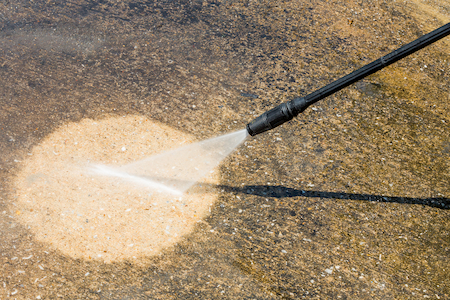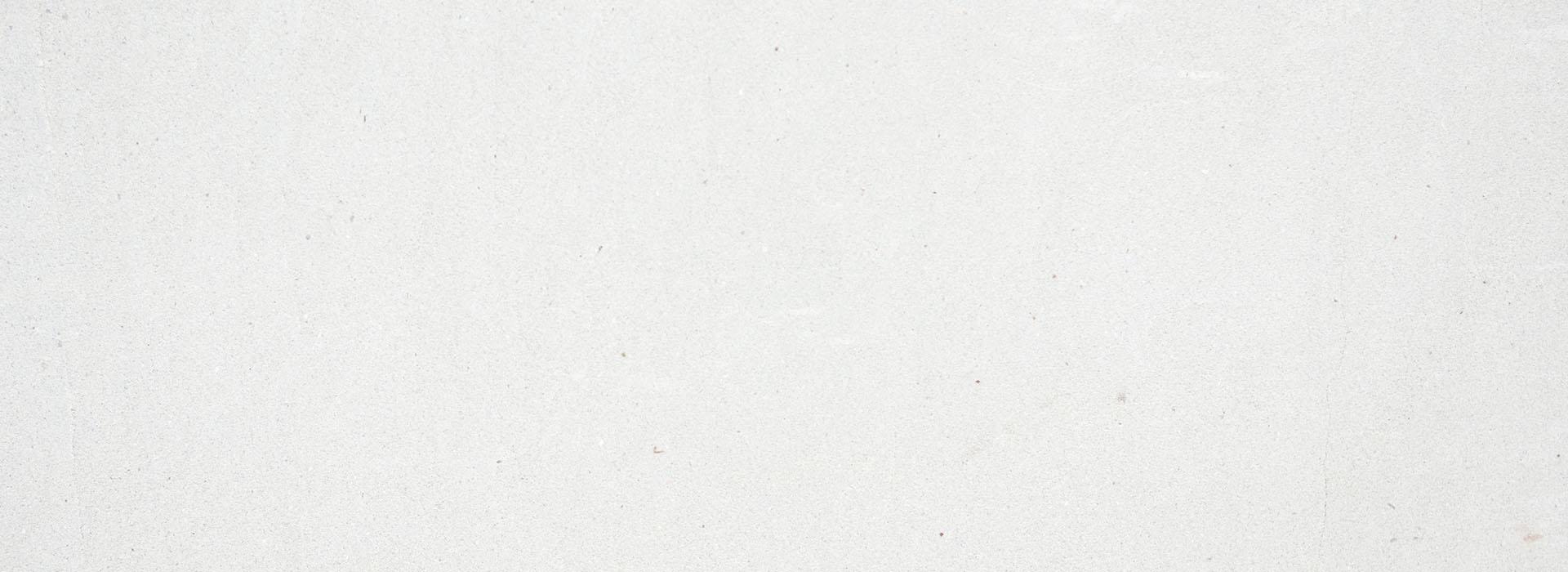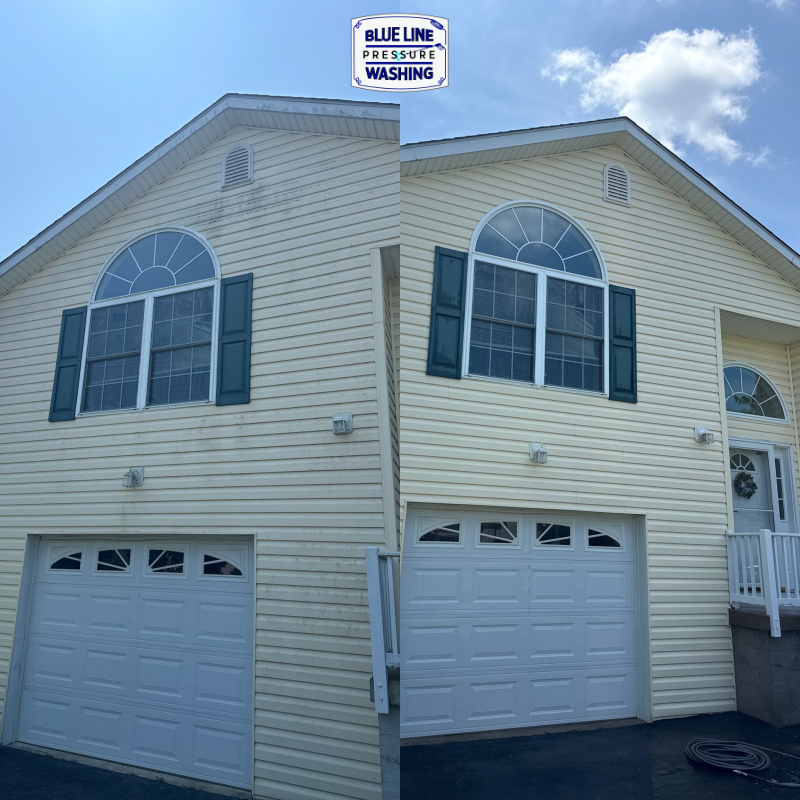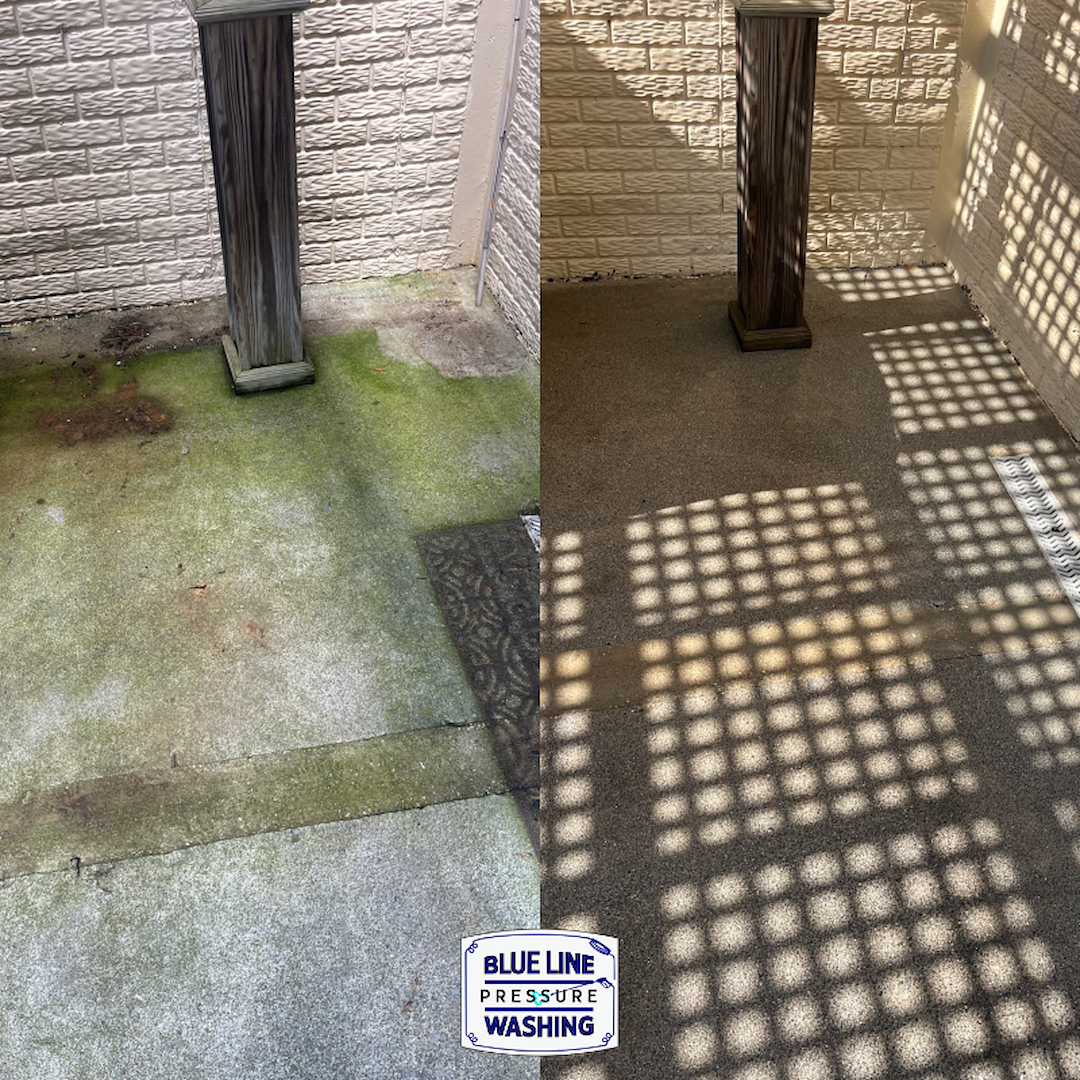Why Your Concrete Isn’t Really Clean: The Hidden Build-Up Pressure Washing Removes

To the untrained eye, your driveway or sidewalk might look “clean enough” after a quick rinse with the garden hose or a sweeping pass with the broom. But if you’ve ever compared a before-and-after photo of a professionally washed concrete surface, you know there’s a striking difference between what looks clean and what is clean. The truth is, concrete is far more porous than most people realize—and it absorbs more than just rainwater.
Over time, concrete surfaces act like a sponge, soaking in oil from parked cars, dirt from foot traffic, mildew from morning dew, and even chemical runoff from your lawn or nearby landscaping. Add in airborne contaminants like mold spores and bacteria, and you've got a breeding ground for discoloration, decay, and even structural degradation. That light gray driveway is likely harboring layers of invisible grime, making it more susceptible to long-term damage.
Algae and Mold: The Quiet Invaders
One of the most common issues we encounter during concrete cleaning is algae and mold growth. These invaders thrive in shaded, moist areas and can stain concrete green, black, or brown over time. Worse yet, they create a slippery surface that can be dangerous, especially for children and seniors. What you see as a small discoloration could actually be a spreading problem under the surface.
Oil and Grease: The Invisible Stains
Oil leaks from parked vehicles don’t just stain the surface—they penetrate deep into the concrete’s pores. If left untreated, these contaminants break down the material and leave lasting damage that no bucket of soap and water can undo. Only high-powered pressure washing equipment, properly calibrated for concrete surfaces, can lift and extract those residues completely.
Chemical Runoff and Organic Waste
Fertilizers, pesticides, and other lawn treatments don’t always stay in your grass. Rain or overspray often causes these substances to migrate to nearby sidewalks and driveways. Over time, they embed into the concrete and can cause corrosion, strange discoloration, and unpleasant odors. Even organic waste like leaves and pollen can stain and deteriorate untreated concrete.
Why Pressure Washing Works
Unlike garden hoses or surface-level cleaning methods, professional pressure washing uses high-pressure water and specialized nozzles to reach deep into the concrete’s porous surface. This process lifts out embedded dirt, oil, algae, and bacteria—leaving a truly clean, bright, and safe surface. And when done by a top Martinsburg pressure washing company, it’s not just about appearance; it’s about long-term preservation.
The Proof Is in the Photos
Before-and-after images tell the real story. A weathered, stained patio or driveway can often be restored to like-new condition with a single professional wash. Many clients are shocked at how much brighter and cleaner their concrete looks after a deep clean.
Let Blue Line Pressure Washing, LLC bring your surfaces back to life with expert concrete cleaning in Martinsburg—schedule your service today!
Check Out Our Gallery

Recent Blog Articles
-
Driveway Cleaning 101: Remove Oil, Rust & Tire Marks Without Etching
A clean driveway is one of the simplest ways to enhance your home’s curb appeal, but it also protects the surface from long-term damage. At Blue Line Pressure Washing, we specialize in driveway cleaning that removes oil stains, rust, and tire marks safely and effectively—without causing […]
-
Soft Wash or Pressure Wash? Choosing the Safest Way to Clean Your Roof Shingles
Keeping your roof in top condition requires more than just the occasional glance from the driveway. Dirt, algae, moss, and mildew build up over time and can shorten the life of your shingles if left untreated. Homeowners often wonder whether pressure washing or soft washing is […]


